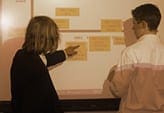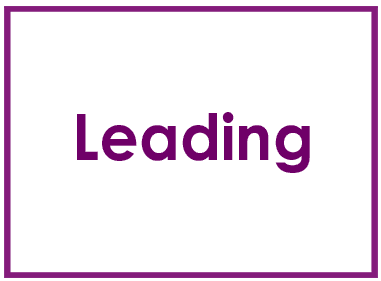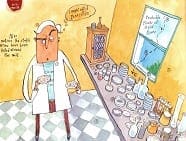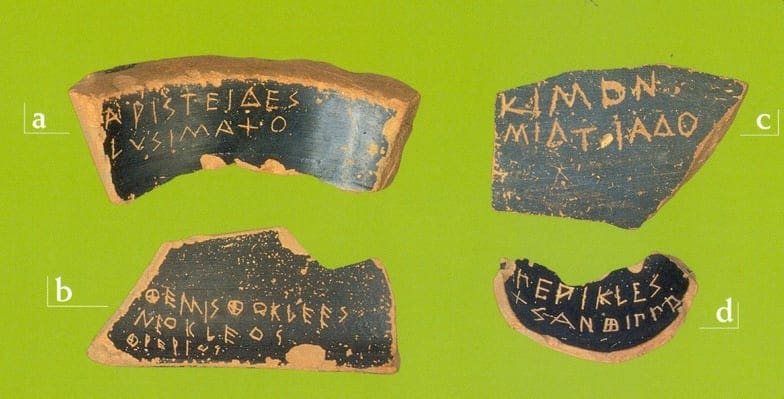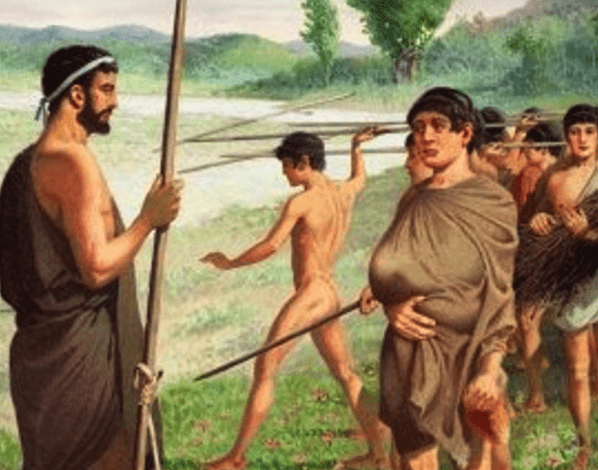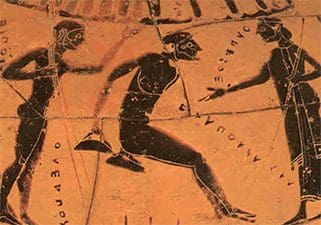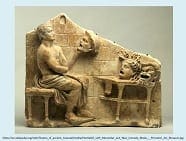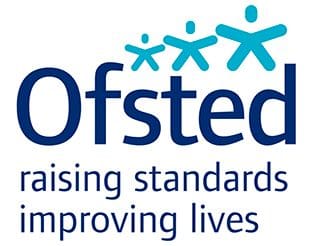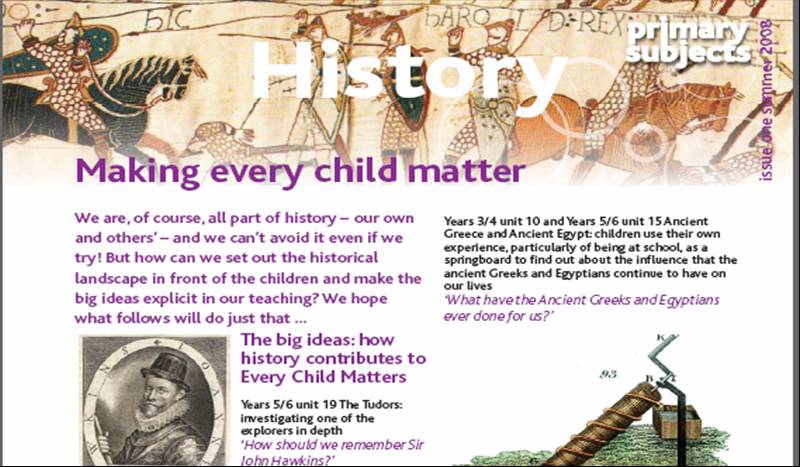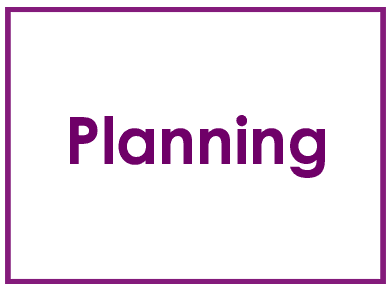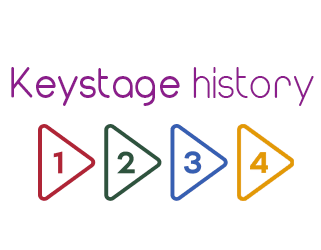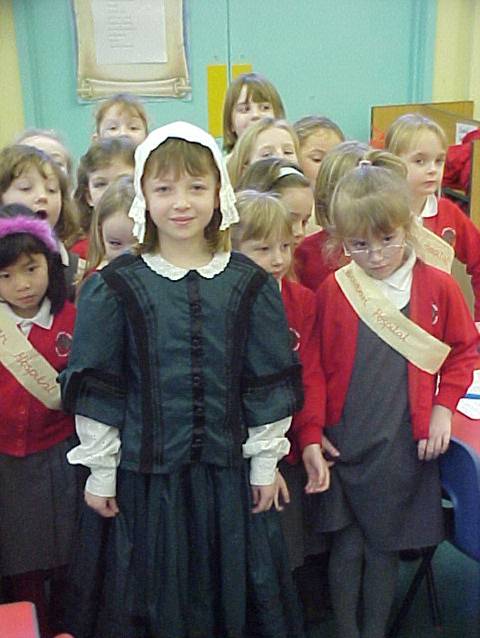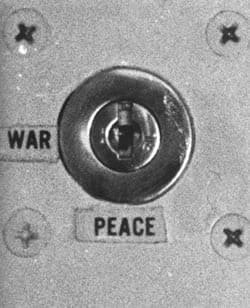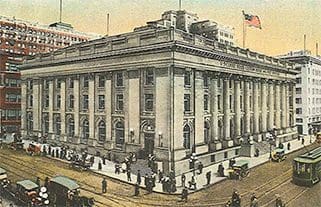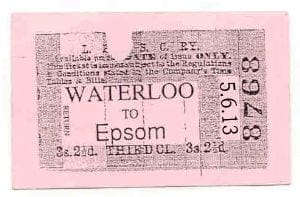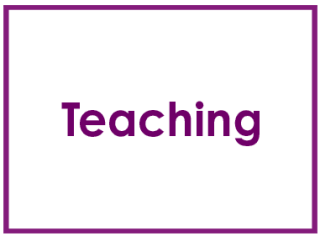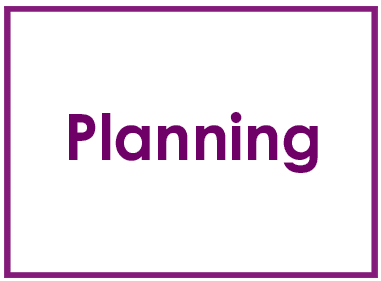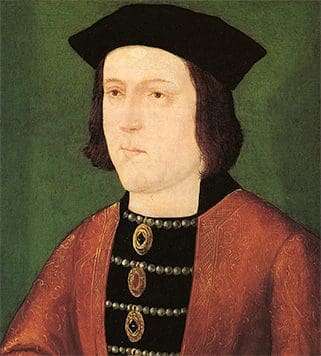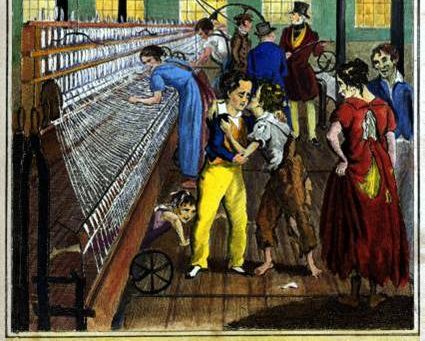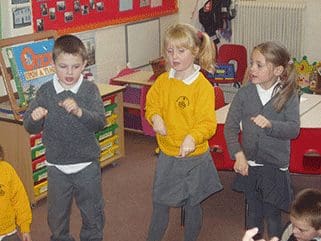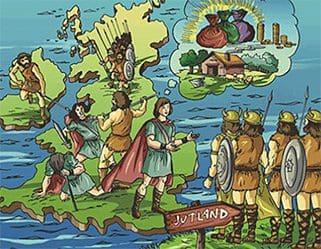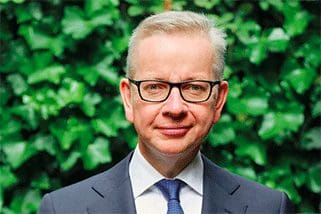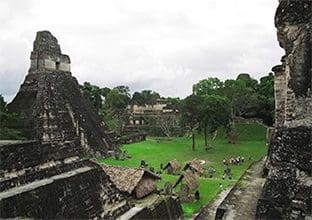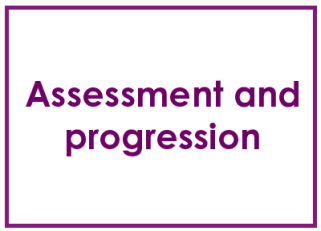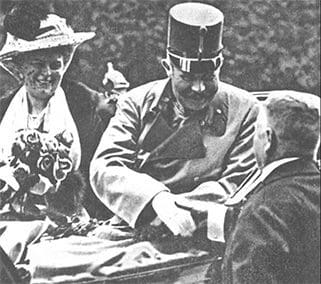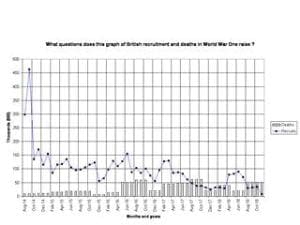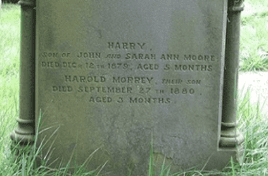Keystage history
Developing your staff at key stage 4
Teaching GCSE presents its own set of challenges, not least learning the code that you will need to crack to…
Read MoreMonitoring performance in history at KS4
The best way of monitoring students’ performance is to set frequent exam based activities, broadly under test conditions and then…
Read MoreUsing data in history at Key Stage 4
Twelve years or so ago the only meaningful data we had for GCSE was the percentage of students achieving each…
Read MoreRaising attainment at Key Stage 4
This section of the site contains four different types of advice. There is general advice, outlining factors that usually explain…
Read MoreSelf-evaluation in history at Key Stage 4
Getting ready for a history subject review: knowing what OFSTED inspectors are looking for and the criteria they are using…
Read MorePolicy and vision at Key Stage 4
Many of you will feel that having a separate history policy at Key Stage 4 is unnecessary, and yet you…
Read MorePenicillin: From discovery to world-wide use? Who should take the credit?
Students have to divide a $100 million bequest to those people who did most to develop penicillin. But in what…
Read MoreAncient Greece – KQ4 Part 2 – Making Greek democracy come to life – a ‘smashing’ lesson
This is a really fun, practical lesson involving smashed pottery, writing in Ancient Greek through black wax and deciphering each other’s…
Read MoreAncient Greece – KQ4 Part 3 – Would you have preferred to live in Athens or Sparta? Comparing life in Athens and Sparta: a short smart task
One way of bringing home to pupils what was so special about life in Ancient Athens is to compare it…
Read MoreAncient Greece – KQ4 Part 2 Additional information – Ancient Greek democracy. Or what links Red painted rope, an idiot ,and piloting the ship.
This article supports the fully resourced outstanding lesson on democracy that can be found here Democracy is made from two…
Read MoreAncient Greece – KQ5 Part 1 – What can we tell about the Ancient Greeks from a study of their Olympics?
We thought we would offer you a range of different cameos showing how the history of the Olympics could be…
Read MoreAncient Greece – KQ5 Part 2 – What can we tell about the Ancient Greeks from their interest in the theatre?
This key question is divided into two distinct parts, starting with Part 1 – the Olympics. This has its own…
Read MoreAncient Greece – KQ6 Part 1 – Under the Cloth: sorting the muddled collection. Is it all Greek to you?
Step 1 To introduce the notion of the Greeks having a major influence on our lives today use the activity…
Read MoreOFSTED and primary history-latest
Sean Harford recently criticised schools that force pupils to repeatedly practice comprehension exercises for KS2 tests and repeats concerns that…
Read MoreWhat is History?
12 key ideas young children need to grasp in history, and how they might do it. Most of you reading…
Read MoreIndependent learning in post-16 history
This section focuses mainly on ways of helping students become more effective independent leaners. The crucial role of the Student…
Read MoreTime for sweeping change in history assessment at KS3, GCSE and A level is NOW.
When so much time has been spent on measuring pupils’ progress in KS3 using spurious data derived from blunt assessment…
Read MoreFamous people at KS1- new resources from BBC
Over the last few weeks I have been approached by several companies bidding for the contract to produce animated films…
Read MoreFlorence Nightingale and Mary Seacole SMART TASK
Who said it? / Who am I? This simple task encourages children to spot the differences between Florence Nightingale and…
Read MoreTeaching USA 1900-1990 to Key Stage 4
The first batch of lessons focuses on four examination favourites but each adds a different subtle twist that lifts the…
Read MoreTeaching international relations 1945-1990
This section, dominated by the Cold War focuses mainly on teaching its origins, its main crises and the reason why…
Read MoreDid everyone benefit equally from life in the USA in the 1920s? A market place activity. SMART TASK KS4
This activity is great for getting students off their feet and talking to every other students in the class –…
Read MoreUsing artefacts to teach history at Key Stage 4
It may be some time since you last used artefacts in your GCSE teaching, but their appearance in Key Stage…
Read MoreUsing ICT and film at Key Stage 4
At first sight you might be slightly surprised to see film and ICT bundled together. Ten years ago they most…
Read MoreTeaching chronology at Key Stage 4
The advent of the new GCSE history specifications for first teaching in September 2016 has forced us to consider how…
Read MoreInterpretations in GCSE history at Key Stage 4
Having worked so hard to develop pupils understanding of historical interpretations at Key Stage 3, many history teachers feel short-changed…
Read MoreTeaching historical enquiry at Key Stage 4
Some of the best GCSE lessons I have ever seen have been enquiry-led where students have been given a little…
Read MoreFit for purpose teaching strategies at Key Stage 4
This section has highlighted a number of issues relating to GCSE teaching that you might identify with and be interested…
Read MoreThe teaching process in history at Key Stage 4
With so much emphasis placed on the three-part lesson, due largely to the National Strategy, it is tempting to follow…
Read MoreLong-term planning at Key Stage 4
Planning for the legacy GCSE history specifications I have featured only a few models from the existing specifications, concentrating instead…
Read MoreMedium term planning at Key Stage 4
What should go into a good medium term plan at key Stage 4? 1. Key questions, not just the overarching question…
Read MoreShort-term planning in Key Stage 4 history
My view about short-term planning at KS4 is simple; keep it short. If you are following a detailed medium-term plan,…
Read MoreThinking skills at Key Stage 4
With a firm foundation of thinking skills now laid at Key Stage 3, thanks in part to the National Strategy,…
Read MoreHistory and numeracy at Key Stage 4
With so much else to focus on in GCSE history you would be pardoned for thinking that this is not…
Read MoreHistory and literacy at Key Stage 4
What OFSTED said they were looking for in history lessons when reviewing literacy across the curriculum when they last published…
Read MoreCitizenship at Key Stage 4
Am I alone in feeling the pitiful irony of history not being a compulsory subject at Key Stage 4, whereas…
Read MoreCurriculum models at KS4
As most courses are a blend of SHP and Modern World and there will be at least two new topics…
Read MoreCurriculum rationale for history at KS4
Choice of specification and order of teaching You will all been settled into your new GCSE course.If you’re thinking of…
Read More’50’ imaginative learning activities for Key Stage 4
We all know that the learning experience for students at Key Stage 4 could be more varied in some schools….
Read MoreLESSON IDEA: Edward IV was more successful as a king in his second reign than his first’. How far do you agree with this view?’
Activities 1. Introductory. Brainstorm Edward’s achievements and failures. 2. Provide students with cards for them to place on a spectrum…
Read MoreKeeping up-to-date with your teaching of Victorian Britain at KS2
We often talk to children about the benefits that brought so many people into industrial towns in the first half…
Read MoreThe learning process in history at KS 1
Given that this site specialises in giving practical support to busy teachers and subject leaders, you may be surprised to…
Read MorePush or Pull? What were the real reasons why the Saxons invaded? SMART TAKS KS2
A fun thinking skills activity in which pupils infer from visual clues before moving on to analyse a range of…
Read MoreExpert advice on local history at KS1 and KS2 by OFSTED lead inspector
Ex-subject lead for history at OFSTED has recently written this very helpful booklet for English Heritage. A great place to start…
Read MoreGove admits need to U-turn on history proposals
Listening doesn’t come easy to Gove. He’d rather just pontificate about what he thinks is best for us, irrespective of…
Read MoreGuidance Non Western Civilisations: Teaching Islam/Maya/Benin
This new topic is perhaps one of the most demanding in the Key Stage 2 curriculum. Admittedly Benin and Maya…
Read MoreAssessing students’ work
Answering judgement type question at AS level Typical stems for questions which call for students to make and to justify…
Read MoreSomething about an ostrich – the assassination of Franz Ferdinand as a mystery to be solved
Pupils are fed information, asked to formulate their theories on who was killed, who did it, how, why and when….
Read MoreDid the number of deaths on the Western Front in World War One have any effect on the numbers joining up?
This superb lesson was the original idea of the history team at Toynbee School, near Southampton, and specifically the work…
Read MoreSmart Task: Infant Mortality – Key Stage 3
Puzzle corner: SMART thinking skills task on why so many infants continued to die before their first birthday at a…
Read More
